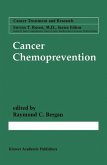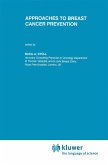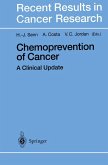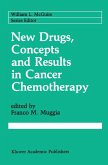Great advances were made in the pharmacologic-based treatment of cancer in prior decades. However, despite a marked increase in our understanding ofcell and molecular mechanisms underlying the neoplastic process, therapy for advanced disease remains limited. While the reasons for this are many, it is generally accepted that advanced neoplasms contain a relatively large number of genetic and molecularalterations contributingto the maintenanceofthe neoplastic process. Such a situation precludes easy pharmacologic intervention. However, our ability to detect cancer at an earlier stage, coupled with our increased understandingofcarcinogenesis, are propellingboth basic and clinical scientiststo pursue early intervention/chemopreventive approaches. This is based upon the notion that fewer molecularaberrations are presentearlyon inthedisease process. It also takes advantage ofthe fact that advances in both technology, and in the field ofcancer biology, coupled with a heightened vigilance, have increased our ability to detect early disease more readily. The chemopreventive approach is highly attractive for a number ofreasons. First, treatment ofpre-neoplastic, or early neoplastic, lesions would prevent the significant mobility and mortality associated with advanced neoplastic disorders.








